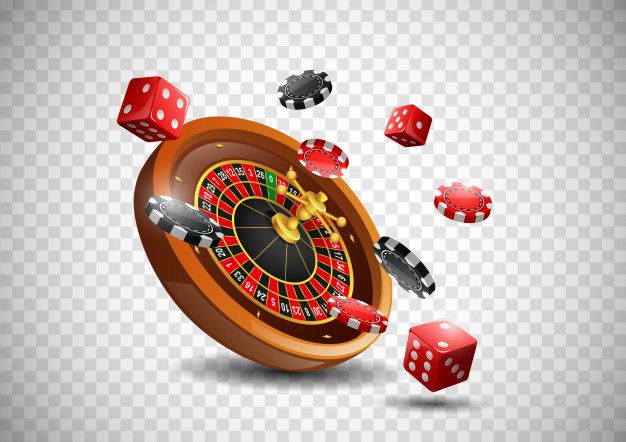Gambling can often seem like a harmless pastime, a fun way to pass the time or a thrilling way to win some extra cash 토토 먹튀사이트 검증. However, beneath the surface, it can have profound implications for mental health. Understanding the connection between gambling and mental health is crucial for both individuals and society as a whole.
The Allure of Gambling
Gambling activates the brain’s reward system, similar to how drugs and alcohol do. The thrill of winning can release dopamine, creating feelings of excitement and euphoria. For many, this high can lead to repeated gambling, as the desire to recapture that initial rush becomes increasingly compelling. However, this cycle can quickly spiral into problem gambling, characterized by a loss of control and negative consequences.
Mental Health Consequences
Anxiety and Depression
Research has shown a strong correlation between gambling and mental health disorders, particularly anxiety and depression. Individuals who struggle with gambling often experience heightened levels of stress and feelings of hopelessness. The financial strain and the social stigma associated with gambling addiction can exacerbate these feelings, leading to a vicious cycle of despair.
Impulse Control Disorders
Gambling can also be linked to impulse control disorders. For some, the urge to gamble may override rational thought, leading to reckless decisions that can have devastating personal and financial consequences. This loss of control can be deeply distressing and can contribute to feelings of guilt and shame, further impacting mental health.
Co-occurring Disorders
It’s not uncommon for individuals with gambling issues to experience other mental health disorders, such as substance use disorders. The desire to escape emotional pain can lead some to turn to drugs or alcohol, creating a compounded effect that complicates treatment and recovery.
The Impact on Relationships
Gambling doesn’t only affect the individual; it has far-reaching consequences on relationships. Family members and friends may feel the strain as they deal with the fallout from gambling addiction, including financial instability and emotional turmoil. Trust can erode, leading to conflicts and isolation, further exacerbating mental health issues for everyone involved.
Seeking Help and Support
Recognizing the signs of problematic gambling is the first step toward recovery. Support from mental health professionals, support groups, and rehabilitation programs can be invaluable. Therapy options, such as cognitive-behavioral therapy (CBT), can help individuals understand and change their gambling behaviors. Additionally, support from loved ones can provide a crucial safety net during the recovery process.
Conclusion
The connection between gambling and mental health is complex and multifaceted. While gambling can start as a fun activity, it can lead to serious mental health issues if not approached mindfully. Awareness and education are key to preventing gambling-related harm. By fostering open conversations about the risks and promoting healthy coping strategies, we can help mitigate the impact of gambling on mental health. If you or someone you know is struggling with gambling, don’t hesitate to reach out for help. Recovery is possible, and support is available.

